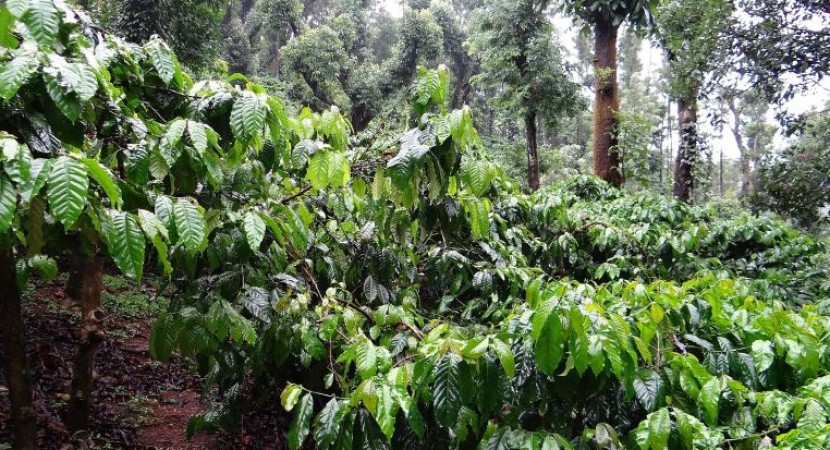Next time you pull in your local gas station for a fill up please ask for it lead free – that is the coffee – try the organic coffee.
What is Organic Coffee?
Today many agricultural products are grown using organic methods and coffee is no exception. Organic products have a very minimal effect on the environment because there is no use of insecticides, pesticides and fertilizers. All organic produces are certified to ensure that their products are grown in such a way. Expensive and very technical labs must conduct very thorough tests on the gourmet coffee to ensure the product is organic.
The tests will be used to screen for various chemicals and additives.
All organic coffee must be certified by the US department of agriculture and has a label on it but the FDA only reads the provided tests – they do not conduct the tests. It is certified organic: Coffee which is grown under the standards of the USDA Organic Certification program, without pesticides and under environmentally sustainable circumstances. It will bear the green and white USDA Organic seal.
To include the term organic on packaging, a manufacturer must create its product in accordance with USDA rules. The USDA’s National Organic Program certifies products as organic based on farming, handling, manufacturing, distribution and labeling practices. Requirements include: no antibiotics or growth hormones for animals, animals must be raised on organic feed and have free range to graze, crops must be raised with no synthetic pesticides or fertilizers containing synthetic chemicals, no sewage-sludge fertilizer, no bio-engineered foods or irradiation, and no GMOs (genetically modified organisms). Farming practices should enhance and preserve soil and water. A government inspector must certify the farm after visiting it; farmers must keep detailed records on crops.
100% ORGANIC
All ingredients, not counting water and salt, are organic. Products with this rating can use the green and white USDA Organic seal (image at right).
ORGANIC
At least 95% of the ingredients, measured by weight (excluding water and salt), must be organic. The remaining 5% can only be natural or synthetic ingredients that are not available organically, drawn from a preapproved USDA list. Products manufactured to this standard may use the “USDA Organic” seal on the label.
Organic coffee is a multi million dollar industry and each year the sales of this coffee are increasing. Exports of organic coffee are up in most of Europe and North America.
Organic coffee is usually grown in many countries- in Africa, Asia and South America. All over the world people have become organic coffee drinkers, but Americans consume the majority of it.
Just like normal coffee, organic coffee is also available as decaffeinated, caffeinated, flavored, coffee sodas, coffee ice cream, coffee candies etc. Unlike normal coffee which is decaffeinated using ethanol based solvents, organic coffee is decaffeinated using a process called Swiss Water.
All organic coffee products in the USA are certified for both quality and integrity. The organic coffee is produced in a very specific way and all operators are randomly inspected to ensure that they meet US Department of agriculture standards.
In the USA, organic coffee accounts for about 2-5% of the market. Compared to normal coffeeArticle Search, organic products tend to be slightly more expensive – 20 to 40 percent more. Which is typical of most organic products.
Source: Free Articles from ArticlesFactory.com
ABOUT THE AUTHOR

